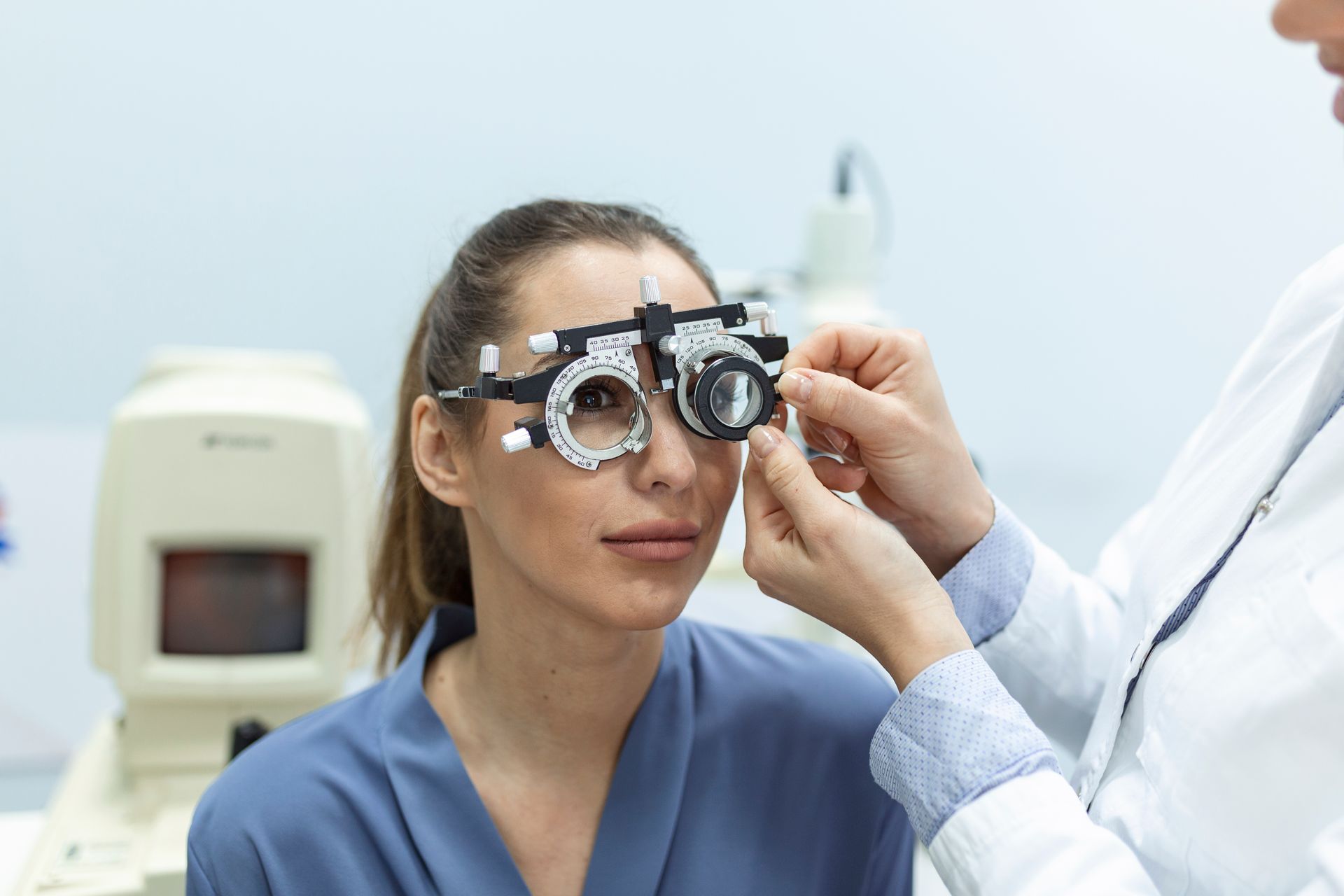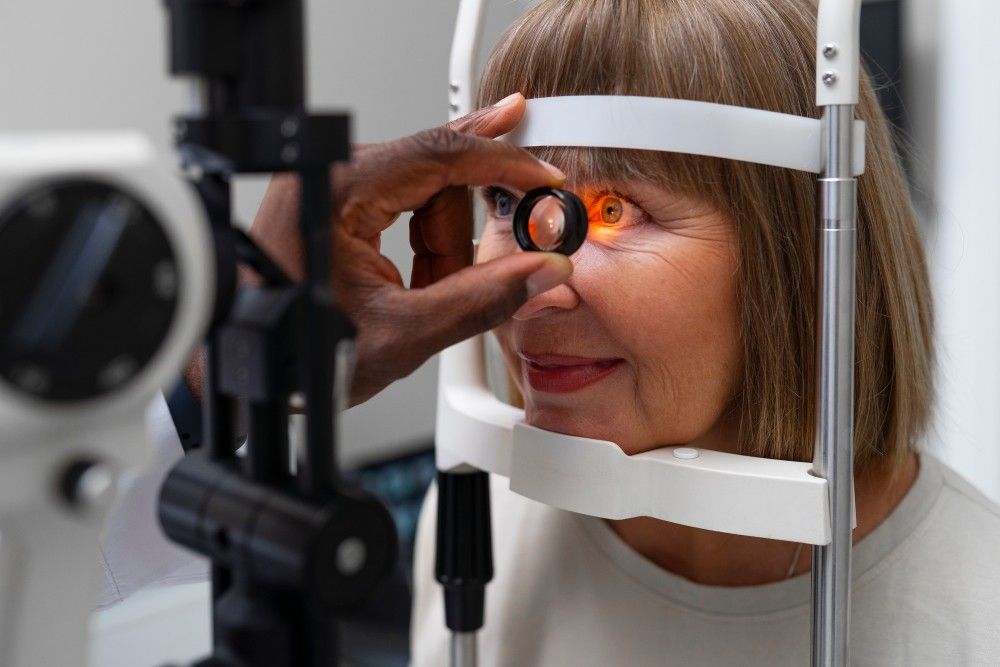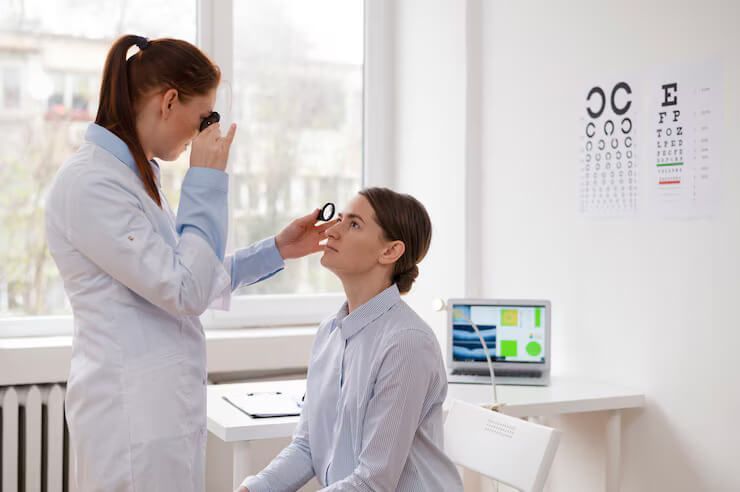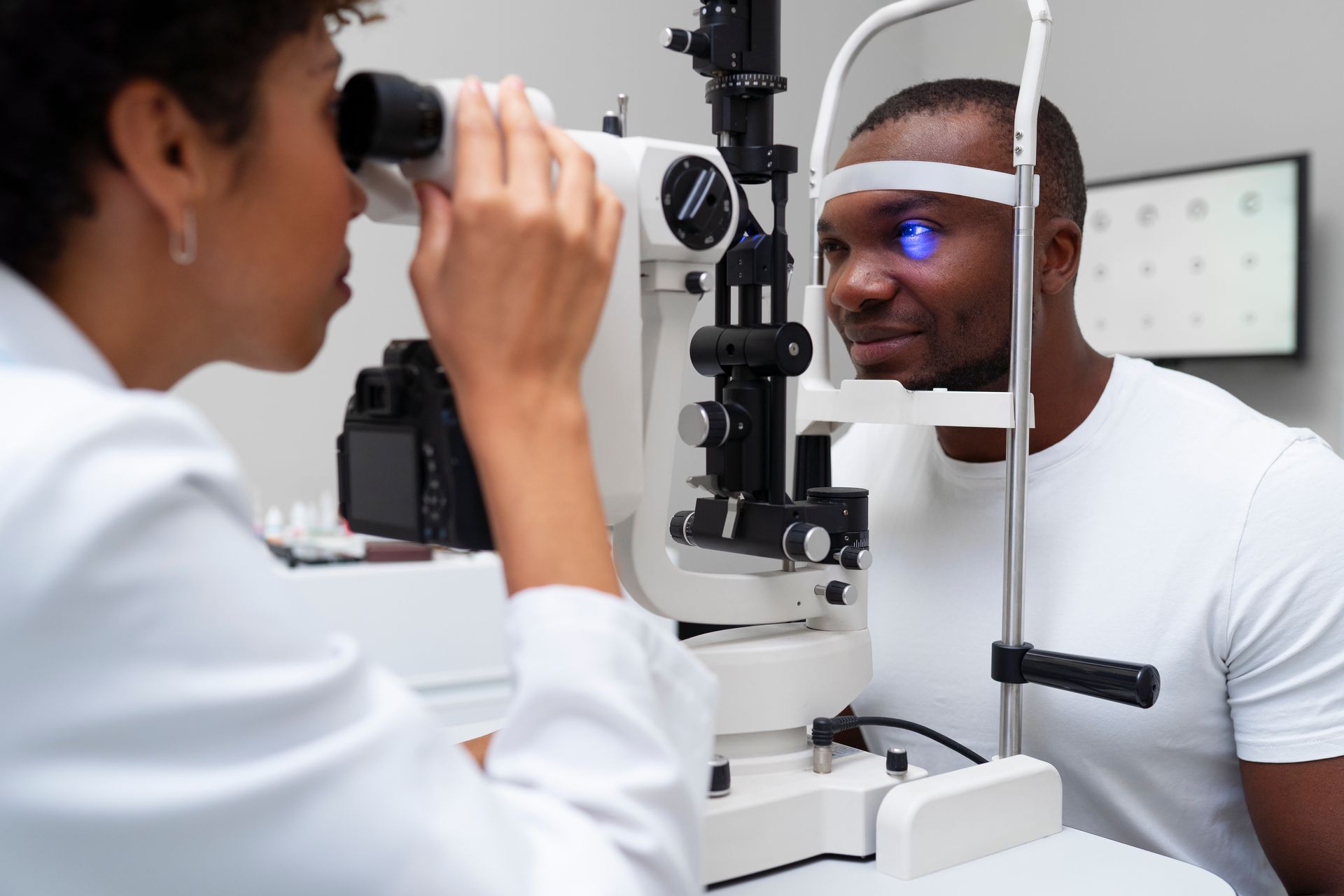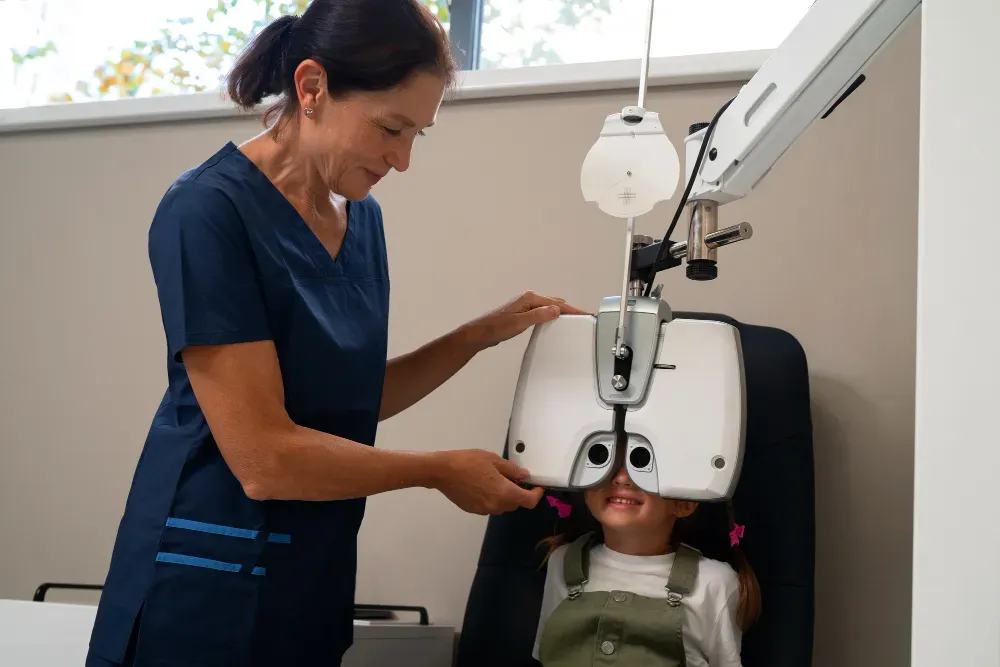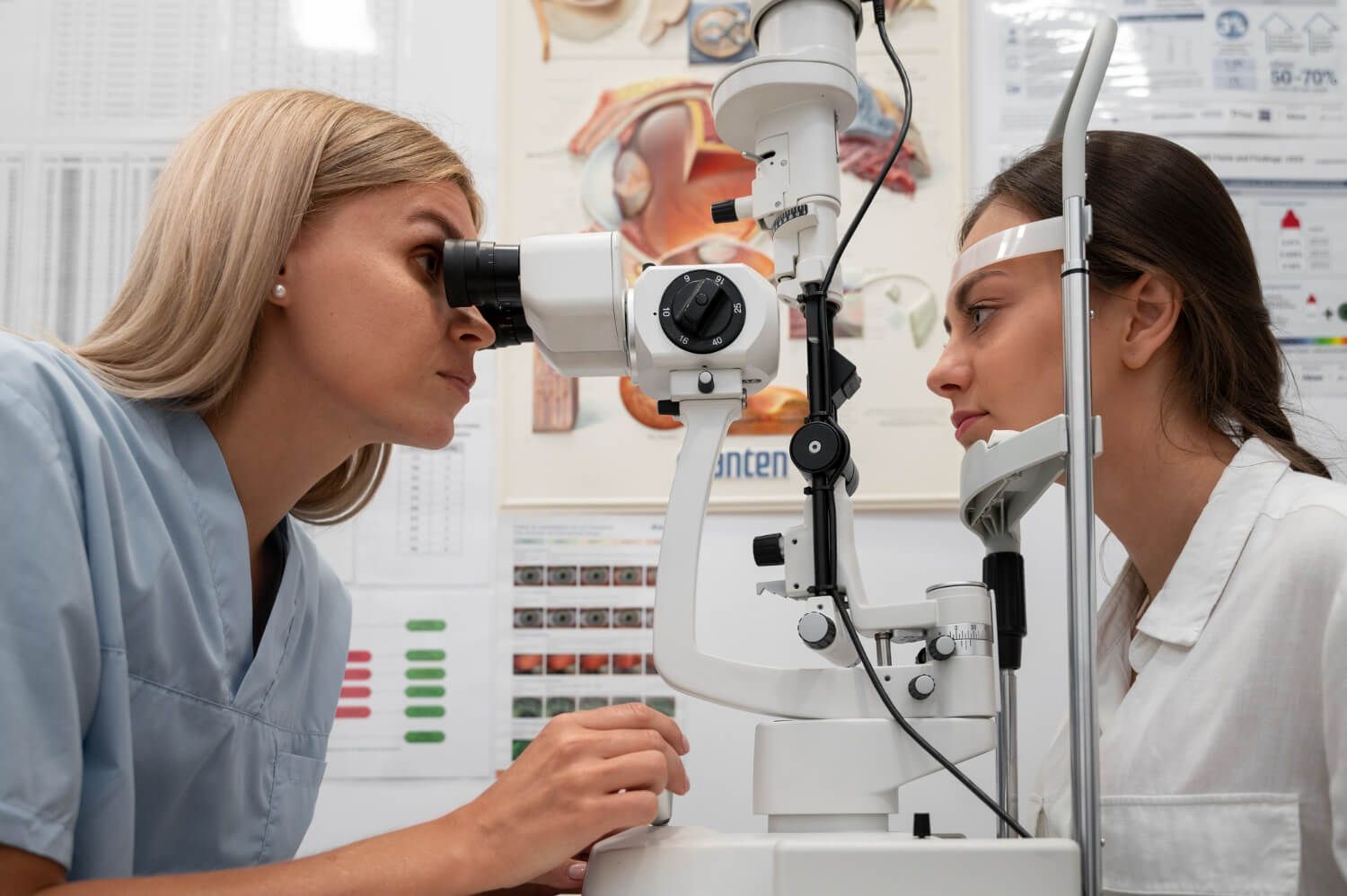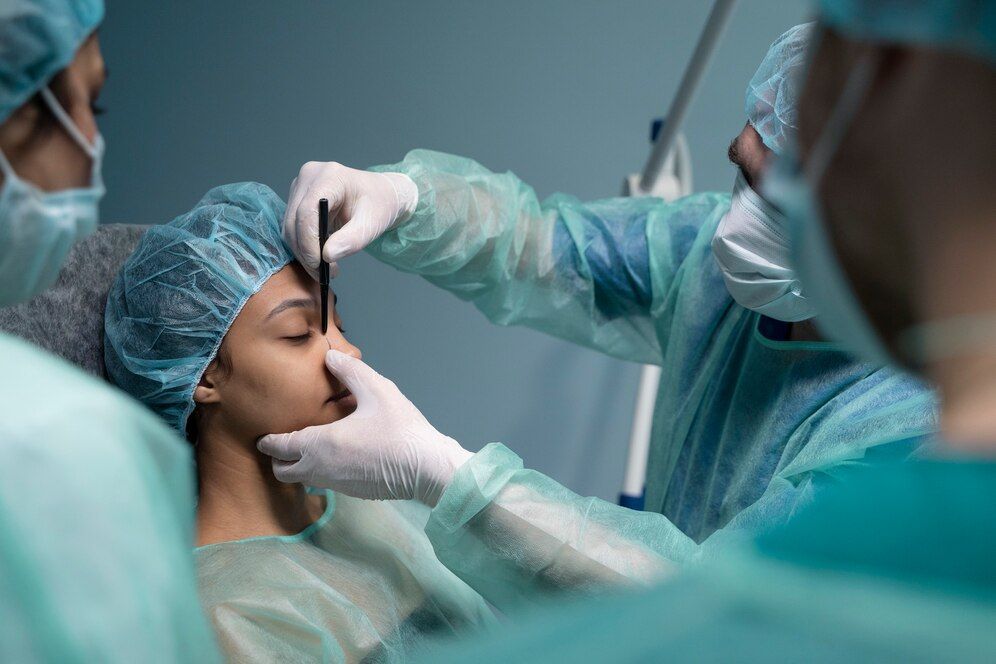Is Cataract Surgery Painful?
At Hill Country Eye Center, we understand that cataracts can be a cause of concern and uncertainty for many individuals. One common question that often arises is, "Is cataract surgery painful?" In this comprehensive blog post, we aim to provide you with a clear understanding of what to expect during cataract surgery, offer reassurance about the pain aspect, and delve into the benefits of this life-changing procedure.
Understanding Cataracts
Before we dive into the surgery itself, let's briefly understand what cataracts are.
Cataracts are a common age-related eye condition where the natural lens of the eye becomes cloudy, leading to blurred vision, glare, and difficulty seeing clearly. This condition can significantly impact your daily life, making tasks like reading, driving, or recognizing faces challenging. Fortunately, cataract surgery is a highly effective and routine procedure used to remove the cloudy lens and replace it with an artificial one, called an intraocular lens (IOL).
The Surgical Process
Cataract surgery is typically performed as an outpatient procedure, meaning you can go home on the same day. Here's a step-by-step overview of the surgery.
- Anesthesia: Before the surgery begins, your eye will be numbed with local anesthesia. This ensures that you won't feel any pain during the procedure. Many patients report feeling only slight pressure or mild discomfort, which is normal during any medical procedure.
- Incision: A tiny incision is made in the eye, often less than 3 millimeters in size. This incision allows the surgeon to access and remove the cloudy lens.
- Lens Removal: The cloudy lens is gently broken up using ultrasound technology and removed from the eye. This process is known as phacoemulsification.
- IOL Placement: After the natural lens is removed, the artificial intraocular lens (IOL) is inserted. The IOL is designed to restore clear vision and may reduce your dependence on glasses or contact lenses.
- Closing the Incision: In most cases, the incision is self-sealing and does not require stitches.
Is Cataract Surgery Painful?
Now, let's address the burning question: Is cataract surgery painful? The answer is a resounding "No." Cataract surgery is known for its minimal discomfort, thanks to the local anesthesia administered before the procedure. Patients typically report feeling only slight pressure or mild sensations during the surgery, but they do not experience pain. In fact, many patients are pleasantly surprised by how quick and relatively painless the entire process is.
Post-Surgery Discomfort
After cataract surgery, it's normal to experience some mild discomfort or irritation for a short period. This can usually be managed with over-the-counter pain relievers and prescribed eye drops. Your eye surgeon will provide detailed post-operative care instructions to ensure a smooth recovery.
Benefits of Cataract Surgery
While we've addressed the concerns about pain, it's essential to highlight the significant benefits of cataract surgery:
- Improved Vision: Cataract surgery is designed to restore clear vision, allowing you to see the world more vividly and regain your independence.
- Enhanced Quality of Life: Many patients report an improved quality of life after cataract surgery, as they can once again enjoy activities they love without visual limitations.
- Reduced Dependence on Glasses: Depending on your choice of intraocular lens, you may experience reduced dependence on glasses for both near and distant vision.
- Safety and Routine: Cataract surgery is one of the safest and most commonly performed surgical procedures worldwide, with a high success rate.
In summary, cataract surgery is not a painful procedure. It is a highly effective and routine surgery that offers the promise of improved vision and an enhanced quality of life. If you or a loved one are considering cataract surgery, rest assured that the discomfort you might experience is minimal and temporary.
Our skilled and experienced eye surgeons at
Hill Country Eye Center are dedicated to providing you with the best care and guidance throughout your cataract surgery journey. If you have any questions or concerns about cataract surgery, don't hesitate to reach out to us. Your vision is our priority, and we're here to ensure a comfortable and successful cataract surgery experience. Don't let cataracts hold you back from living your life to the fullest—schedule a consultation with us today!
